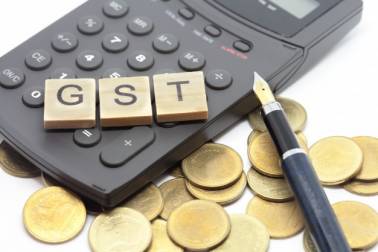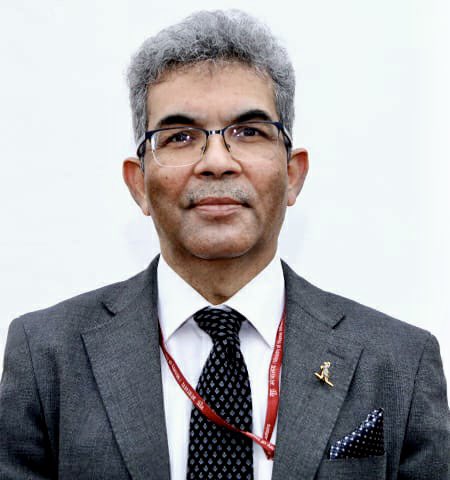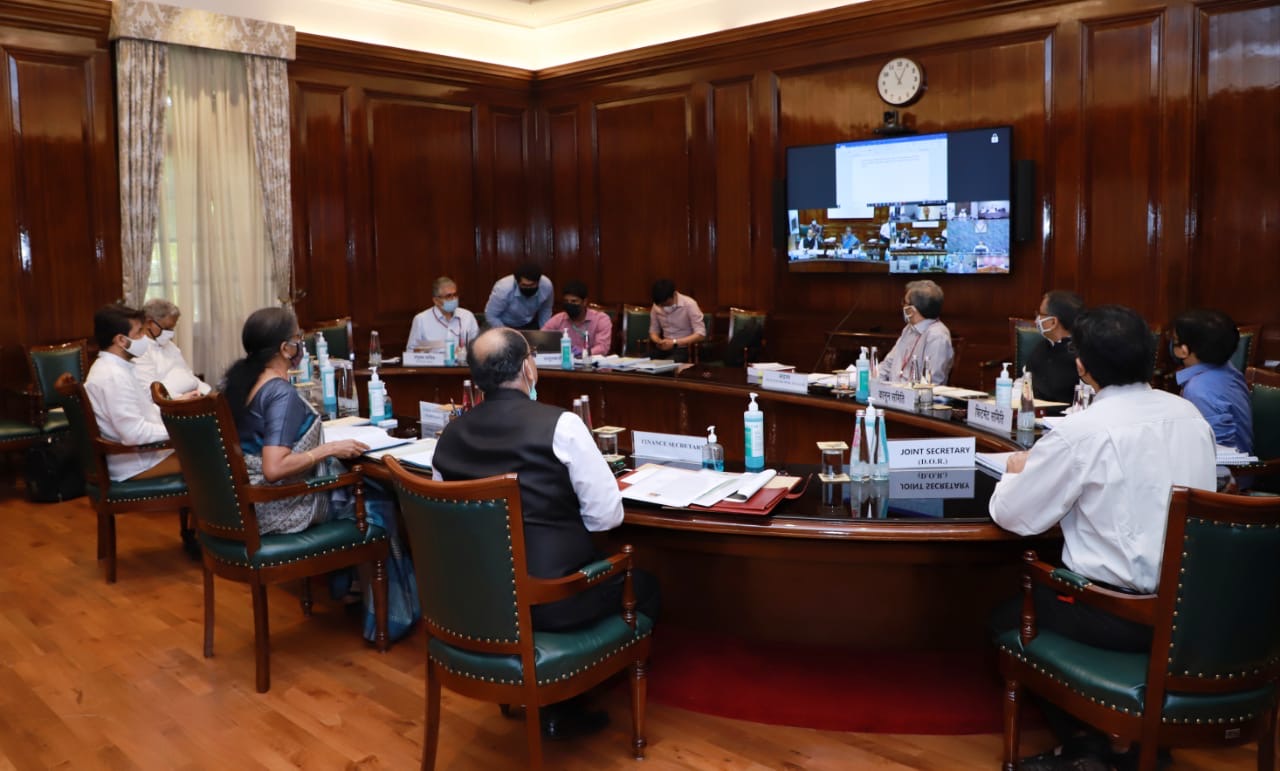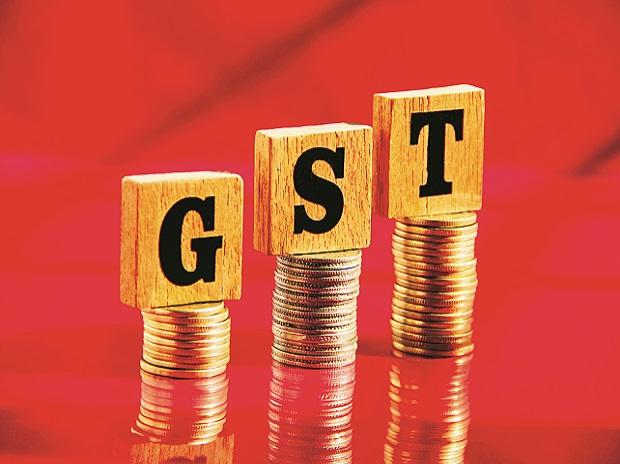The GST Council will try to reach a consensus on the issue of borrowing from the market to solve the compensation problem
The Goods and Services Tax (GST) Council is set to meet on August 27 to discuss the single-point agenda of compensation to states. The meeting would try to reach a consensus on the issue of market borrowing to solve the compensation problem.
The Centre had in March sought views from Attorney General K K Venugopal on the legality of market borrowing by the GST Council to make up for any shortfall in compensation fund – a corpus created from levying compensation cess on luxury and sin goods to compensate states for the loss of revenue on account of their taxes being subsumed into GST.
The attorney general had opined that the Centre has no statutory obligation to make up for any shortfall in GST revenues of states from its coffers.
States would probably now have to take a call on whether borrowing from the market can be a viable option to meet the revenue shortfall.
The other options before the council could be to rationalise GST rates, cover more items under the compensation cess or increase the compensation cess, or recommend higher borrowing by states to be repaid by the future collection into the compensation fund.
Finance Secretary Ajay Bhushan Pandey earlier in August had informed the Parliamentary Standing Committee on Finance that the government was in no position to pay the GST share of states in keeping with the current revenue sharing formula.
Under the Central Goods and Services Tax Act, states were guaranteed payment for any loss of revenue in the first five years of GST implementation from July 1, 2017. The shortfall is calculated assuming a 14 percent annual growth in GST collections by states over the base year of 2015-16.
States were promised compensation for any revenue shortfall till 2022.
Under the GST structure, taxes are levied under 5, 12, 18 and 28 percent slabs. On top of the highest tax slab, a cess is levied on luxury, sin and demerit goods and the proceeds from the same are used to compensate states for any revenue loss.
The payment of GST compensation to states became an issue after revenues from the imposition of cess started dwindling since August 2019, and the Centre had to dive into the excess cess amount collected during 2017-18 and 2018-19.
Though the Centre paid the GST compensation dues for FY20, the major concern now is how would the compensation money be paid this fiscal.
The Centre had released over Rs 1.65 lakh crore in FY20 as GST compensation. However, the amount of cess collected during the fiscal was Rs 95,444 crore.
The compensation payout amount was Rs 69,275 crore in FY19 and Rs 41,146 crore in FY18.
Source: Moneycontrol.com https://www.moneycontrol.com/news/business/economy/gst-council-meeting-heres-what-to-expect-on-august-27-5758771.html
***
[rainbow]Don’t miss the next GST Update / Article / Judicial pronouncement[/rainbow]
Subscribe to our newsletter from FREE to stay updated on GST Law
Resolve your GST queries from national level experts on GST free of cost.
TW Editorial Team comprises of team of experienced Chartered Accountants and Advocates devoted to spread the knowledge of GST amongst the various stakeholders.




